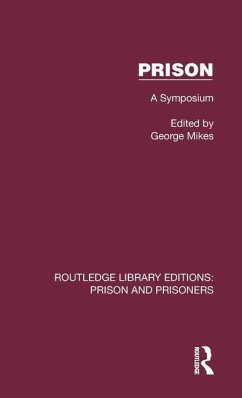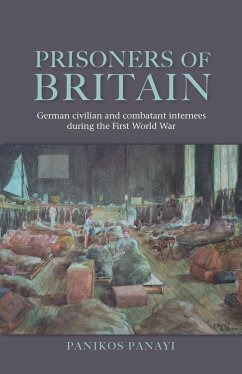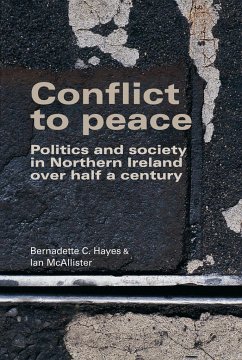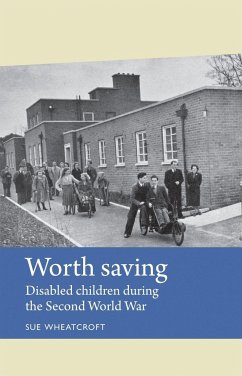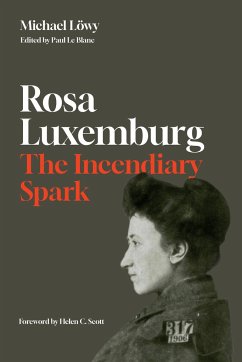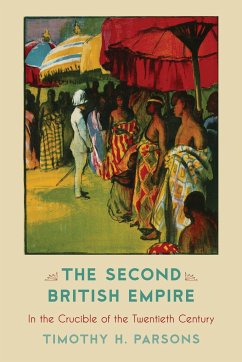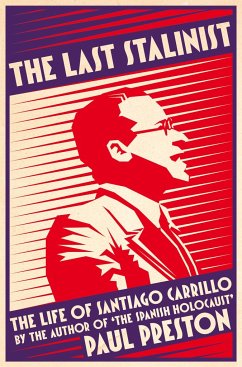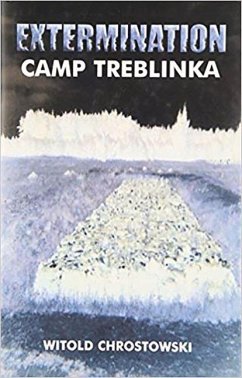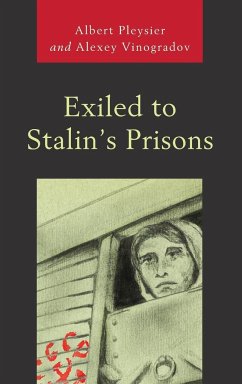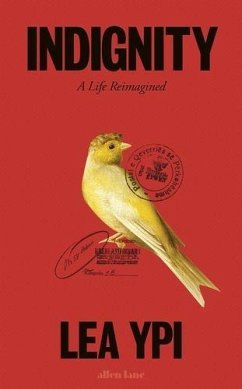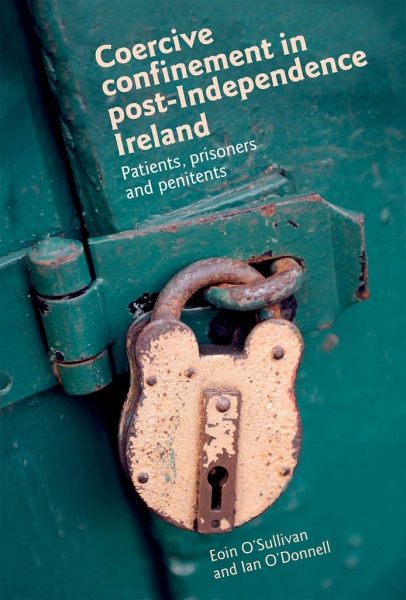
Coercive Confinement in Post CB
Patients, Prisoners and Penitents
Versandkostenfrei!
Versandfertig in über 4 Wochen
138,99 €
inkl. MwSt.

PAYBACK Punkte
69 °P sammeln!
During the first fifty years of Irish independence, tens of thousands of men, women and children were incarcerated in institutions. Psychiatric hospitals, mother and baby homes, Magdalen homes, Reformatory and Industrial schools, prisons and Borstal formed a network of institutions of coercive confinement that was integral to the emerging state. This unique volume provides a wealth of contemporaneous accounts of what life was like within these austere and forbidding places as well as offering a compelling explanation for the longevity of the system and the reasons for its ultimate decline. Whi...
During the first fifty years of Irish independence, tens of thousands of men, women and children were incarcerated in institutions. Psychiatric hospitals, mother and baby homes, Magdalen homes, Reformatory and Industrial schools, prisons and Borstal formed a network of institutions of coercive confinement that was integral to the emerging state. This unique volume provides a wealth of contemporaneous accounts of what life was like within these austere and forbidding places as well as offering a compelling explanation for the longevity of the system and the reasons for its ultimate decline. While many accounts exist of individual institutions and the factors associated with their operation, this is the first attempt to provide a holistic account of the interlocking range of institutions that dominated the physical landscape and, in many ways, underpinned the rural economy. Highlighting the overlapping roles of church, state and family in the maintenance of these forms of social control, this book will appeal to those interested in understanding twentieth-century Ireland: in particular, historians, legal scholars, criminologists, sociologists and other social scientists. These arguments take on special importance as Irish society continues to grapple with the legacy of its extensive use of institutionalisation.



